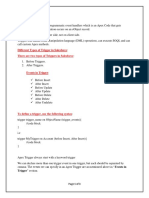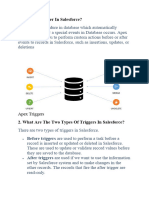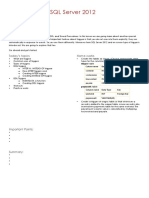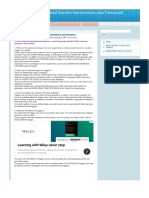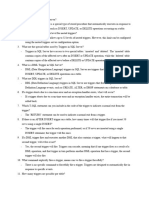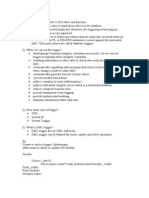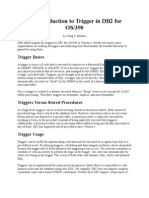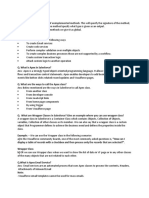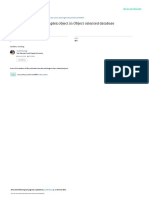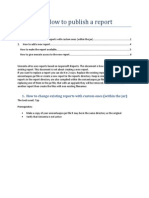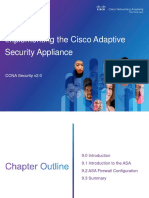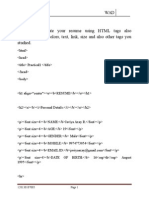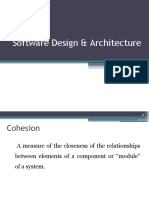0% found this document useful (0 votes)
5 views17 pagesLN SQL
The document provides a comprehensive overview of triggers in SQL and their types, including DDL and DML triggers, along with their specific categories and functionalities. It also discusses workflows, their invocation, and the differences between triggers and workflows, as well as best practices for writing triggers. Additionally, it addresses common questions regarding trigger behavior, execution order, and interactions with other processes like batch and future methods.
Uploaded by
0136AnirbanCopyright
© © All Rights Reserved
We take content rights seriously. If you suspect this is your content, claim it here.
Available Formats
Download as PDF, TXT or read online on Scribd
0% found this document useful (0 votes)
5 views17 pagesLN SQL
The document provides a comprehensive overview of triggers in SQL and their types, including DDL and DML triggers, along with their specific categories and functionalities. It also discusses workflows, their invocation, and the differences between triggers and workflows, as well as best practices for writing triggers. Additionally, it addresses common questions regarding trigger behavior, execution order, and interactions with other processes like batch and future methods.
Uploaded by
0136AnirbanCopyright
© © All Rights Reserved
We take content rights seriously. If you suspect this is your content, claim it here.
Available Formats
Download as PDF, TXT or read online on Scribd
/ 17












